According to experts, Vietnam is a country with many favorable conditions for developing tourism, especially sustainable tourism.
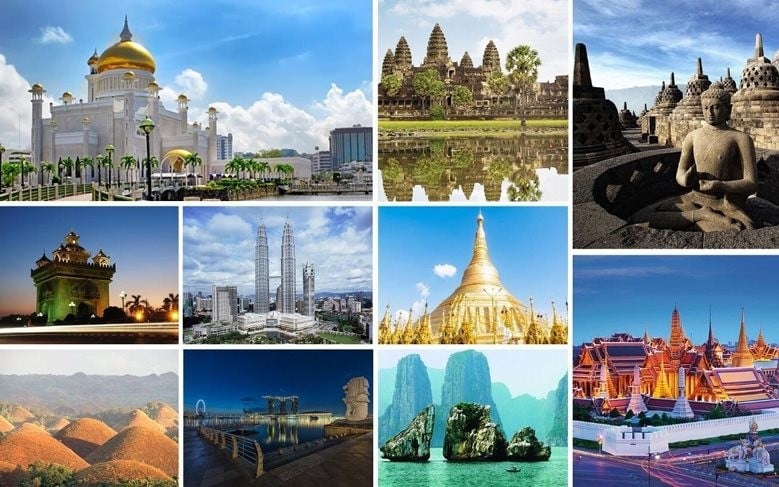 |
| Vietnam has been proactively participating in the process of cooperation and tourism development in the ASEAN region. (Source: itcvietnam) |
Sustainable tourism is seen as a key factor in helping destinations maintain their reputation and competitive branding, while strengthening relationships between local communities, tourists and other stakeholders.
According to the vision of the "ASEAN Tourism Strategic Plan 2016-2025", by 2025, ASEAN will be a quality tourism destination, providing a diverse and unique ASEAN experience.
Together with ASEAN to develop sustainable tourism
As a member of the ASEAN Community, Vietnam has been proactively participating in the process of cooperation and tourism development in the region. With joint efforts and commitments, Vietnam and ASEAN member countries have created a deep cooperation, aiming to exploit the potential of the tourism industry and build an attractive and sustainable ASEAN tourism region.
In August 2023, the Vietnamese Government introduced a new visa policy, extending the length of stay for markets exempted from visas by Vietnam and officially applying e-visas to all countries and territories, hoping to create smoother travel conditions for international tourists.
In addition, Vietnam has agreed to measures to enhance the promotion of ASEAN tourism in the international market, such as organizing ASEAN tourism exhibitions and other important events.
The S-shaped country has participated in developing tourist routes connecting ASEAN countries, to facilitate travel and exploration of the region.
According to experts, Vietnam is a country with many favorable conditions for developing tourism, especially sustainable tourism.
For example, Vietnam has great potential for tourism development with many beautiful, rich and diverse natural landscapes throughout the country, which are attractive to tourists. The country has more than 40,000 relics and landscapes, of which more than 3,000 relics are ranked as national relics and 5,000 relics are ranked as provincial relics.
Vietnam is one of the few countries in the world that has been recognized by UNESCO for many heritages, including: Thang Long Imperial Citadel, Hoi An Ancient Town, Trang An Scenic Landscape Complex, Hue Ancient Capital, Ho Dynasty Citadel, My Son Sanctuary, Phong Nha - Ke Bang National Park, Ha Long Bay. This is one of Vietnam's tourism potentials that attracts international visitors.
Furthermore, throughout Vietnam there are about 117 museums - places that preserve the nation's historical process with heroic imprints that attract tourists to learn about Vietnamese history.
The S-shaped country has 54 ethnic groups, each region, each ethnic group has its own cultural identity, customs, and lifestyle, creating its own unique charm. In addition, Vietnam also possesses famous intangible cultural heritages: Hue royal court music, the cultural space of gongs in the Central Highlands, ca tru, quan ho, xoan singing, Giong festival, and the worship of Hung Kings. These are the reasons that attract international tourists.
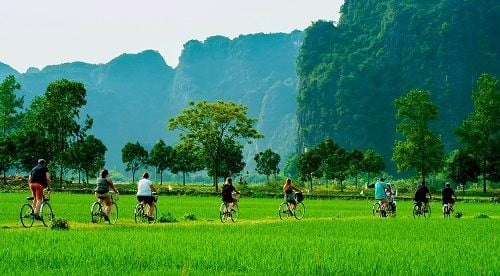 |
| Agricultural tourism helps Vietnam open up a new tourism map from existing destinations. (Source: Finance Magazine) |
Creating miracles from agricultural tourism
At the recent conference on rapid and sustainable tourism development, Minister of Agriculture and Rural Development Le Minh Hoan assessed that Vietnam is a country with a long history of developing agricultural ecology based on natural ecosystems with biodiversity resources among the 16 highest in the world. Therefore, agricultural and rural tourism is rich and diverse, if we know how to exploit and connect, it will certainly create miracles.
Minister Le Minh Hoan acknowledged: "A river, a mountain, an identity, a brocade, a flute tune... all are heritage. If heritage is considered a new tourism product, not just Son Doong or the Ancient Capital, it will extend Vietnam's tourism map, will be different, and bring great value."
With the potential and space of the agricultural tourism industry, the Minister of Agriculture and Rural Development suggested that the Prime Minister and the Ministry of Culture, Sports and Tourism need to "draw" more maps of Vietnam tourism, expanding new tourism spaces.
“Agricultural tourism helps Vietnam open up a new tourism map from existing destinations. Therefore, we should have a new mindset about agricultural tourism. Although it does not bring in much revenue, it is the vitality of the community and the cultural identity of ethnic groups,” Minister Le Minh Hoan emphasized.
In the coming time, Dr. Nguyen Van Thang, Deputy Director in charge of the Center for Strategy and Development Policy, Hanoi Capital University, said that the Government needs to have mechanisms and policies to encourage travel businesses to bring tourists to rural areas. Along with that, it is necessary to invest in developing transport infrastructure, waste collection and treatment facilities.
Dr. Nguyen Van Thang said: "The tourism industry needs to develop a set of criteria for rural tourism destinations associated with new rural construction, thereby guiding localities in investment and construction."
From a business perspective, Director of Travelogi Vietnam Tourism Company Vu Van Tuyen said that in the immediate future, the tourism industry needs to identify target tourists and then launch appropriate product marketing activities.
He emphasized: “The main market for agricultural and rural tourism is still domestic tourists because the demand for clean food and green environment, and experiencing the traditional lifestyle of people living in cities is very large. This will be a significant source of revenue for this type of tourism."
Source



![[Photo] Prime Minister Pham Minh Chinh chairs Government Standing Committee meeting on Gia Binh airport project](https://vphoto.vietnam.vn/thumb/1200x675/vietnam/resource/IMAGE/2025/5/10/6d3bef55258d417b9bca53fbefd4aeee)

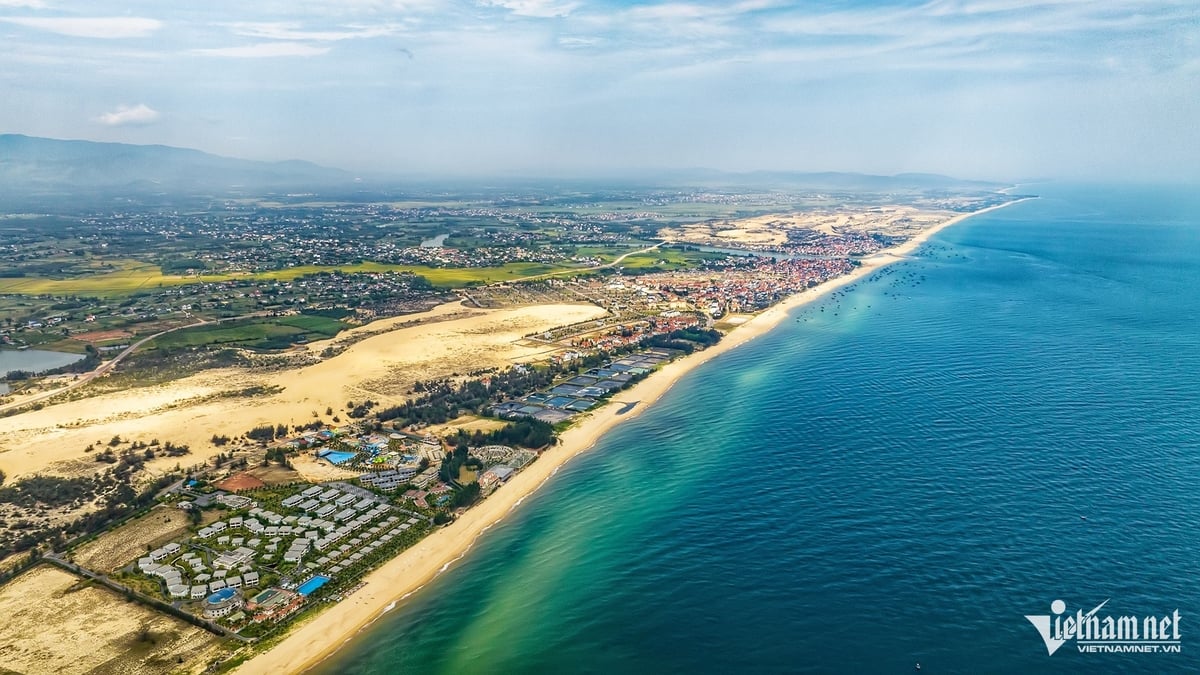
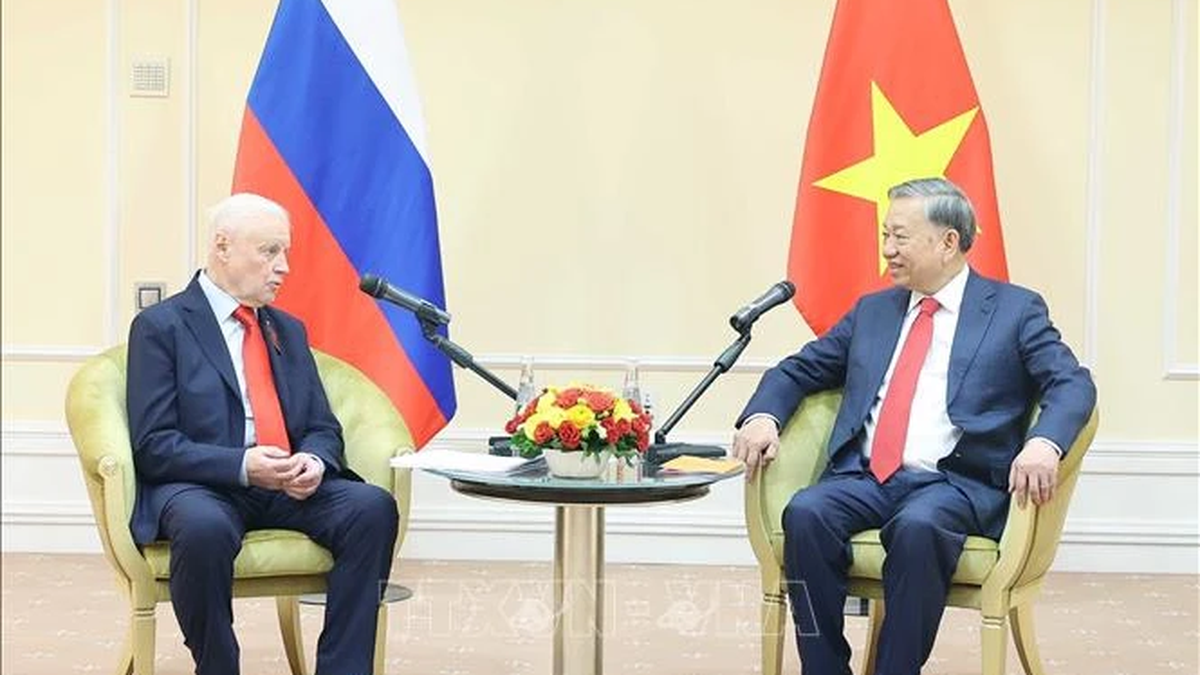

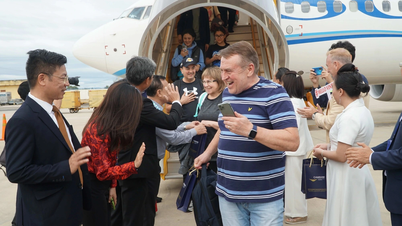

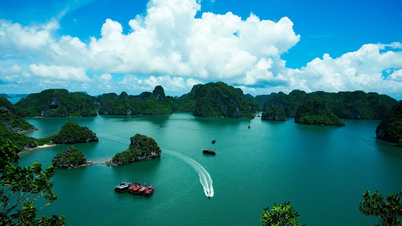



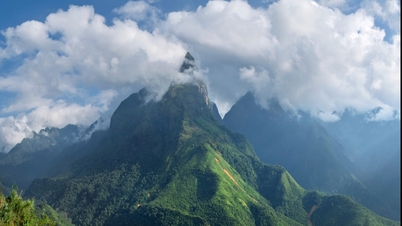



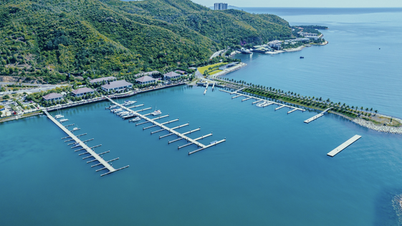
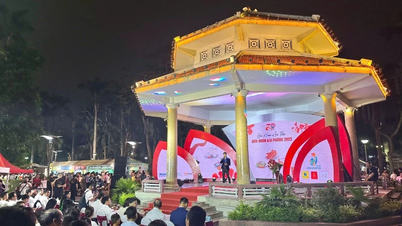


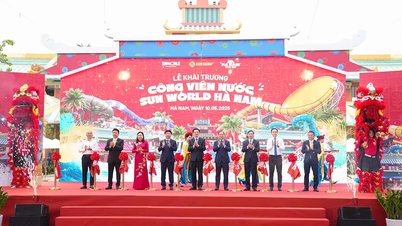
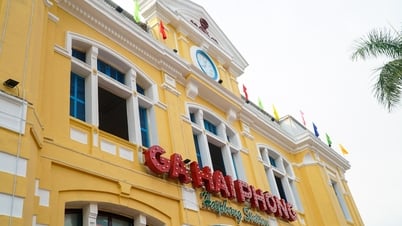






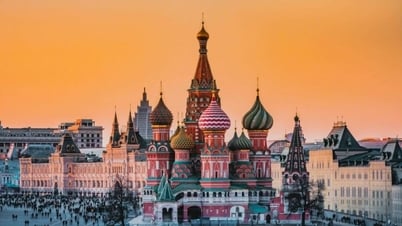


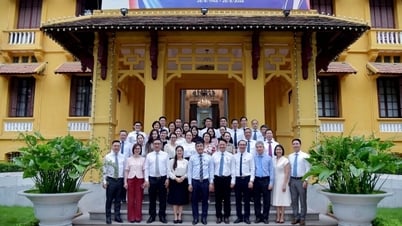
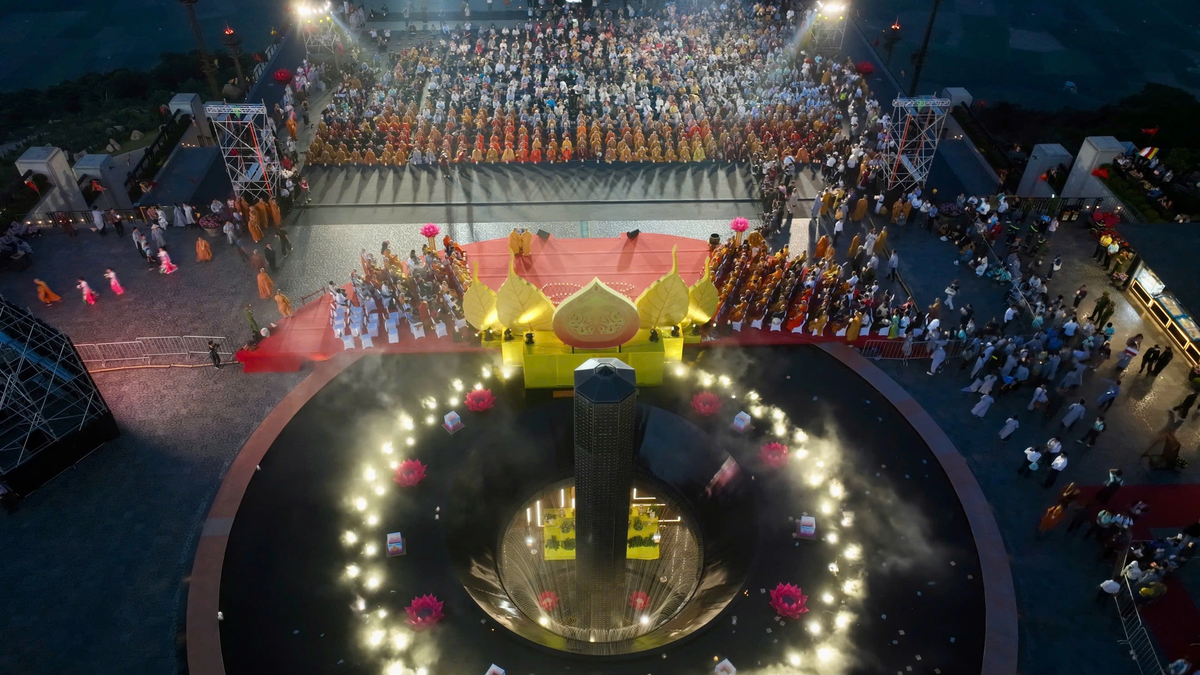


































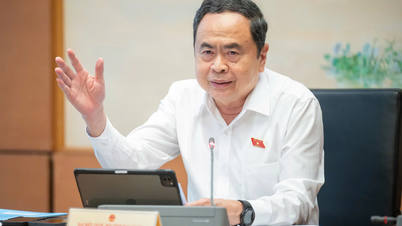
















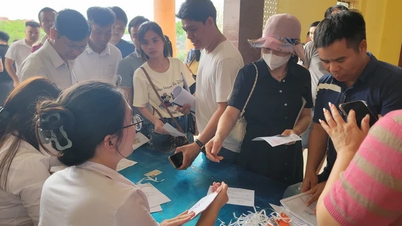











Comment (0)